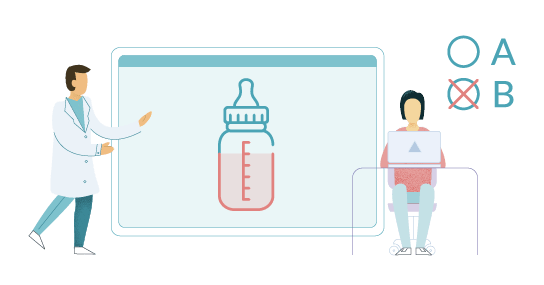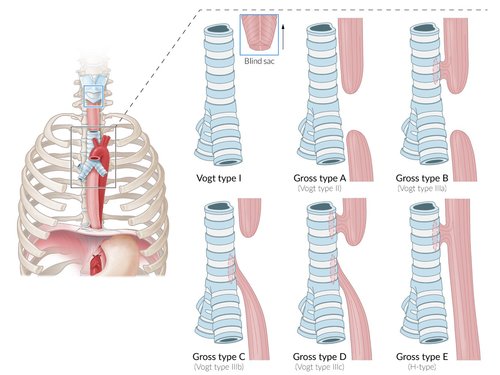Not all students have to take the NBME Pediatrics Shelf Exam, and it’s not obligatory for obtaining a U.S. doctor’s license. However, most medical schools have a required pediatrics clerkship, and the most popular way to test students is by using the NBME’s official Clinical Pediatrics Subject Examination. The exam can be taken on campus at select medical schools or at authorized testing locations, like Prometric test centers.
The Pediatrics Shelf exam is formatted as an online test consisting of 110 questions which must be answered in 165 minutes. It shares the same interface as the USMLE Step exams, with each question presented as a hypothetical clinical scenario. The exam is graded on a national average, though whether or not you pass your entire clerkship will depend on your individual medical school’s requirements. More specifically, the number of correct answers you get places you in a percentile, which is then measured across national grades.












